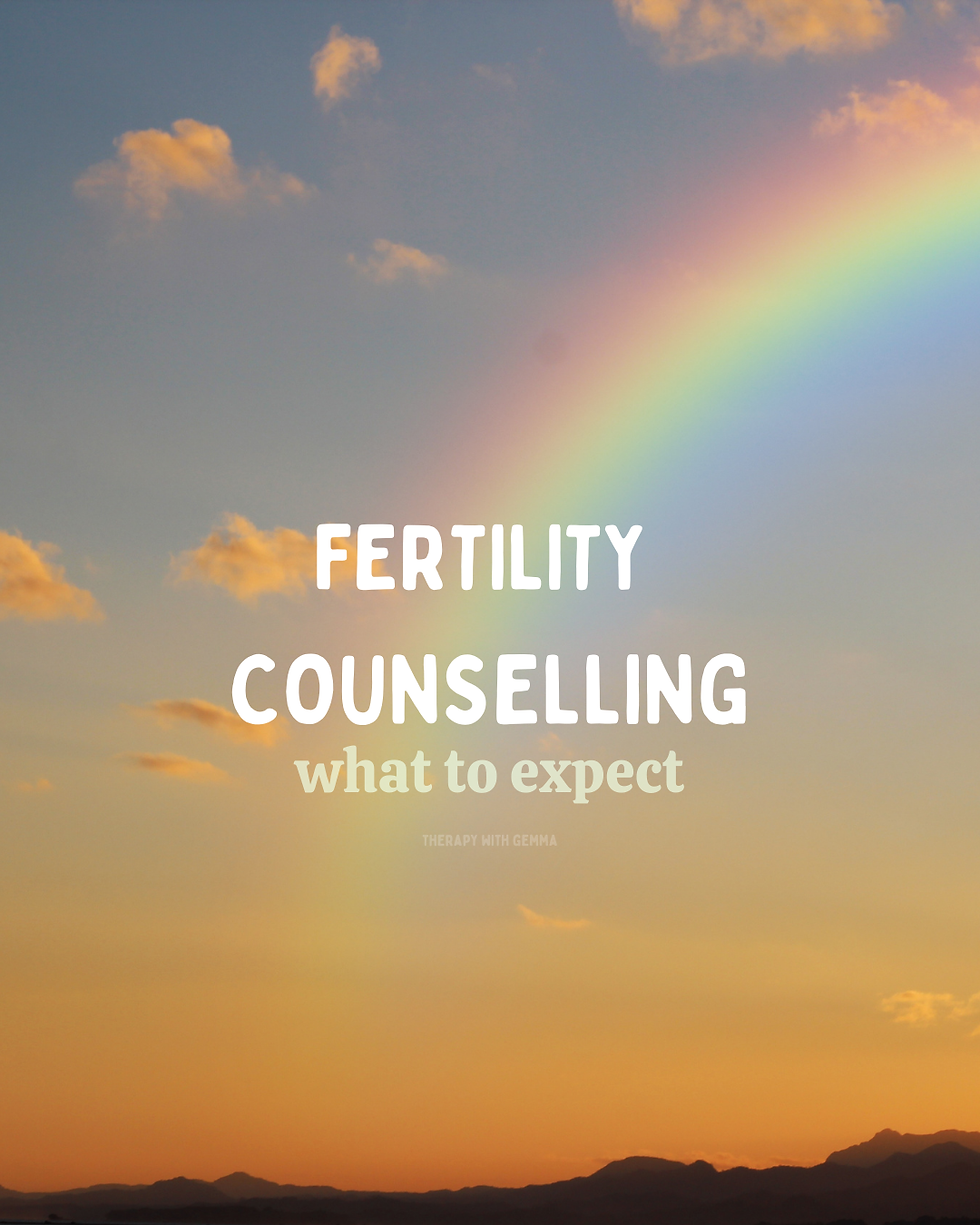Starting therapy- what to expect
- gemmasands
- May 31, 2023
- 4 min read
So, you've decided to start therapy as there is something you feel you need to talk through with someone who can help, who will really listen and hear you, and can help you along the way. But what next?
Welcome to the beginning of your therapy journey! Taking the step to start therapy is an important decision, and it's completely normal to have questions and uncertainties. In this blog post, we'll explore some considerations and give you a glimpse of what to expect as you begin this transformative process. Remember, therapy is a brave and empowering choice, and you're taking a significant step towards prioritizing your mental health and well-being.
Finding the Right Therapist:
Finding a therapist who is the right fit for you is crucial. Consider the following factors:
a) Specialization: Look for therapists who specialize in areas that align with your needs. Some therapists have expertise in LGBTQ+ issues, gender identity, or trauma, while others may focus on anxiety, depression, or relationship dynamics.
b) Compatibility: A strong therapeutic relationship is built on trust and comfort. Take the time to find a therapist with whom you feel safe, understood, and respected. Trust your instincts and don't hesitate to switch therapists if needed.
c) Accessibility: Consider practical aspects such as location, session availability, and whether you prefer in-person or online therapy. Accessibility is key to ensuring a consistent and convenient therapy experience.
I have booking options for online therapy or in person, I have availability to see you in person in Formby, Aigburth or Liverpool City Centre. I can also do Walk and Talk therapy* in various areas such as Sefton Park or Formby pine woods. Being out in nature can be incredibly therapeutic and freeing and can feel more comfortable that online therapy or being in a therapy room.
*Walk and Talk therapy is great, but you may need to consider how comfortable you feel sharing what you are bringing to therapy in a public area.
The Initial Consultation:
Once you've found a potential therapist, the next step is usually an initial consultation. This is an opportunity for both you and the therapist to get to know each other and determine if it's a good fit. Here's what you can expect:
a) Sharing Your Story: Your therapist will likely ask you questions about your background, current challenges, and therapy goals. It's a chance for you to openly express yourself and discuss what brings you to therapy.
b) Building Rapport: The initial consultation is also an opportunity to assess the therapist's style, approach, and communication. Pay attention to how comfortable you feel sharing your thoughts and emotions with them.
c) Asking Questions: Don't be shy to ask questions about their therapeutic approach, experience working with grief, stress, anxiety or other topics like LGBTQ+ issues, or any concerns you may have. Open communication is essential for establishing a strong therapeutic relationship.
Setting Goals and Expectations
Therapy is a collaborative process, and setting clear goals can guide your progress. Here's what you should keep in mind:
a) Realistic Expectations: Therapy is not a quick fix. It takes time, commitment, and effort. Progress may come in small steps, but each step forward is significant. Be patient with yourself and trust the process.
b) Goal Setting: Work with your therapist to identify specific goals you want to achieve in therapy. Whether it's improving self-esteem, managing anxiety, or developing coping strategies, setting clear objectives helps create a roadmap for your therapy journey.
c) Feedback and Flexibility: Throughout therapy, provide feedback to your therapist about what's working for you and what isn't. Therapy is a dynamic process, and adjustments may be necessary along the way.
Confidentiality and Trust:
Confidentiality is a fundamental aspect of therapy. Understanding the therapist's confidentiality policy can help you feel secure and build trust. Remember:
a) Safe Space: Therapy sessions are a safe and non-judgmental space for you to explore your thoughts, emotions, and experiences. What you share with your therapist is confidential, except in cases where there is a risk of harm to yourself or others.
b) Trusting the Process: Trust is developed over time. As you build a rapport with your therapist, you'll likely feel more comfortable opening up and sharing deeper aspects of your life.
c) Boundaries: Therapists maintain professional boundaries to ensure ethical practice. Discuss and clarify any concerns or questions you may have about boundaries within the therapeutic relationship.
Everything that you discuss with me will remain confidential- there are few occasions where I would ever break confidentiality and those are rare but we would discuss these within our first session together and it would be written into our working agreement.
Starting therapy is a courageous step towards self-growth and emotional well-being. Remember that therapy is a personal journey, and your experience may differ from others. Embrace the process, be patient with yourself, and celebrate the progress you make along the way.
With the support of a trusted therapist, you have the opportunity to navigate challenges, develop coping skills, and create positive changes in your life. Your therapy journey begins now, and the possibilities for growth and healing are limitless.
For bookings or further information you can email me or book directly through the website on the bookings page.



Comments